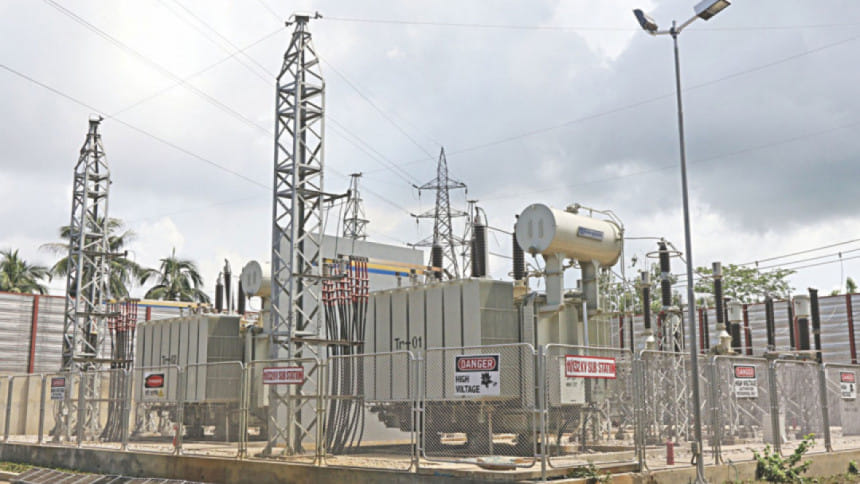Private power plants: ‘Collusive deals’ cost taxpayers $1b a year

Uncompetitive deals made with some private power plants resulted in high power prices that cost the taxpayers around $1 billion a year in subsidies, said a research paper presented yesterday.
The study delves into how consumer prices are marked up by the "collusive investing" of politically well-connected investors, and how competitive investment could have prevented this.
The research, conducted by Mushtaq Husain Khan, chief executive director of Anti-Corruption Evidence Research Partnership Consortium and also a professor of economics at SOAS, University of London, was presented at Bangladesh Institute for Developments Studies (BIDS).
The study analysed the prices of electricity bought from 58 private plants between 2004 and 2017.
It found that Bangladesh Power Development Board (BPDB) bought electricity from some power plants at a price 25 percent higher than that of identical power plants.
"The difference is massive when you look at the scale of the expenditure, and could account for $1 billion per year ... ," said Mushtaq.
To make power affordable, BPDB typically sells power to consumers at a lower price and makes up for the loss with subsidies, said the study.
Just lease of government land in the form of subsidy to some private power plants led to a 15 percent rise in power prices, the study calculated after factoring in the lease in economic modelling.
Additionally, "collusive contracting" contributed to corruption, such as more expensive plants receiving orders before their lower-cost counterparts, when it should have been the other way around, said Mushtaq while presenting the paper.
"Expensive power plants should be supplying power in peak hours, but instead they are supplying base loads. Similarly, the more expensive plants get gas earlier than the less expensive ones, which suggests there is some informal collusion," he added.
"The overpriced plants are also prioritised in dispatch orders [the order of running plants according to their cost of operations] and fuel supplies because their high mark-ups allow them to corruptly influence these decisions," the research said.
The research study found that "the government's contracts with the high-cost rental power plants say that if they were not given orders for power, they would still be paid for 60 percent of the power [capacity charge] they could have produced."
The result: profits of these plants are larger if they do not get to generate power.
The solution lies in competitive bidding by investors who are not politically connected, said Mushtaq.
"You have to make it viable for an unconnected investor to want to invest," he said. This would lead to as much as a 26 percent reduction in plant-level prices, Mushtaq said.
The research found that providing support from development finance institutions (like World Bank, Asian Development Bank) and fixing the land lease support can reduce power prices by as much as 36 percent.
"Feasible and effective anti-corruption [action] requires identifying and incentivising actors who can and want to implement it [the actions]," recommended Mushtaq.
Binayak Sen, director general of BIDS, spoke about the need for transparency to supplement the feasible anti-corruption strategy.
"Nowadays it is very difficult to get access to classified information, such as defaulters, in the area of property taxation, etc.," said Binayak, who moderated the event.

 For all latest news, follow The Daily Star's Google News channel.
For all latest news, follow The Daily Star's Google News channel. 



Comments